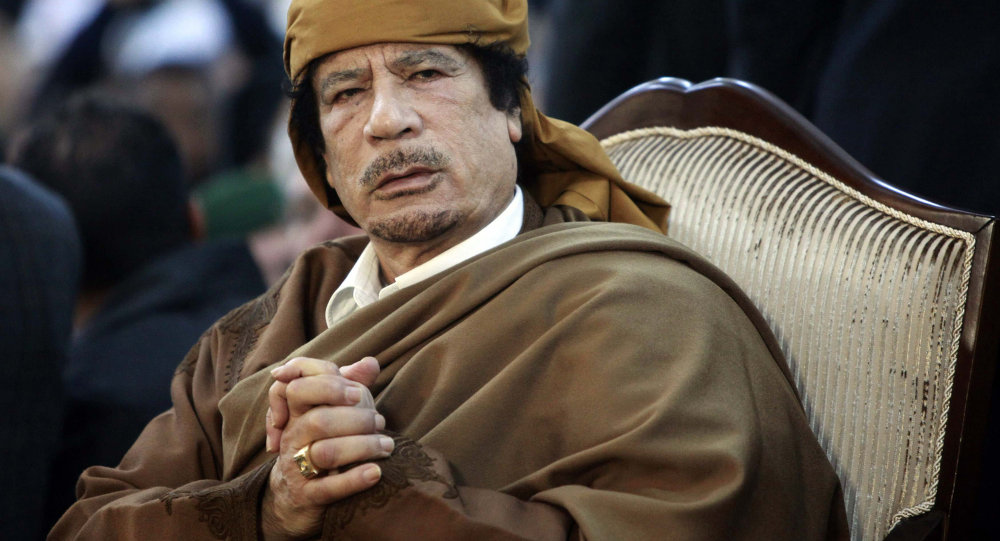Tripoli- Tayeb El Safi, a trusted aide to former Libyan leader Muammar Gaddafi for decades, expressed to Asharq al-Awsat his rejection of the phenomenon of multiple governments considering it as a negative sign.
“The fact that we have three governments in the current time is unacceptable because this hurdles the process of the state. Now we have two central banks, one in the west and another in the east. We now have two Libyan institutions for oil and investment. All these are negative signs and their consequences are greater than their benefits. For this, I call everyone to join efforts to put an end for this,” said Safi.
Speaking on required conditions of a government capable of rescuing the country, Safi said “We are looking forward towards a government of qualifications… Development, economic and political conditions of Libya are no secret. This country needs to be rescued– to achieve this we need a government that consists of qualified figures who can tackle critical issues not only political ones—there are topics closely related to citizens’ daily life such as health, education and oil.”
Commenting on Skhirat Agreement, Safi said that this agreement was signed among some individuals and does not represent the Libyan people. “Only a limited category participated in this agreement that did not reflect the Libyans approach towards a real reconciliation and a moving forward attitude. Until today, Skhirat Agreement failed to be applied because the Libyans totally rejected it,” added Safi.
On the way he views Prime Minister Faiz Al Siraj, Safi said that Siraj is mistaken to believe that he enjoys legality just because of the international support. “You gain legality from the Libyan people and not from foreign parties. You should go back to the parliament where you were once a member in and swore the oath to look after the Libyan people interests,” added Safi.
Some concerns aroused regarding the return of the previous regime, Safi stressed that this topic should be overlooked because what matters is whether this person has integrity and loyalty in his job and can serve Libya. “My advice for people is to evaluate others based on their work, their qualifications, loyalty and success in their specialty,” continued Safi.
He thanks all the countries that are trying to solve the Libyan crisis but insisted that the Libyans are now convinced that regional and international interference worsened the crisis and that the Libyans must figure out a solution by themselves.
When asked how his feeling was when he returned to Libya, knowing that he departed in 2011, “I was assured. I have confidence in my people…After more than five years of emigration, I felt like I was finally home.”
